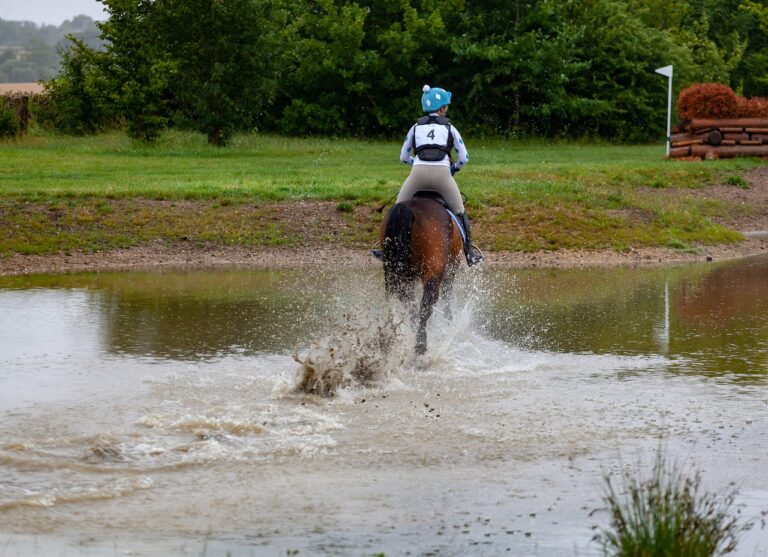The Impact of Sound Editing on Tai Chi and Qigong Therapy Sessions: All pannel.com, Cricket bet99, Lotus365 vip login
all pannel.com, cricket bet99, lotus365 vip login: When it comes to Tai Chi and Qigong therapy sessions, sound editing plays a crucial role in enhancing the overall experience for participants. Sound editing involves manipulating and enhancing audio elements to create a more immersive and relaxing environment. In the context of Tai Chi and Qigong therapy, the impact of sound editing can be profound, influencing everything from the mood and energy levels of participants to the effectiveness of the session itself.
Benefits of Sound Editing in Tai Chi and Qigong Therapy Sessions
1. Setting the Tone: The right sound effects can help set the tone for a Tai Chi or Qigong therapy session, creating a peaceful and calming atmosphere that is conducive to relaxation and mindfulness.
2. Enhancing Focus: Sound editing can help participants focus their attention on their movements and breathing, allowing them to fully immerse themselves in the practice without distractions.
3. Creating a Sense of Flow: By carefully choosing and editing music or ambient sounds, sound editing can help create a sense of flow and continuity throughout the session, enhancing the overall experience for participants.
4. Improving Energy Levels: The right sound effects can help boost energy levels and motivation, encouraging participants to fully engage with the practice and feel rejuvenated after the session.
5. Deepening Relaxation: Sound editing can incorporate elements such as binaural beats or nature sounds to deepen relaxation and promote a sense of inner peace and harmony.
6. Customization: Sound editing allows therapists and instructors to customize the audio experience to suit the needs and preferences of individual participants, ensuring a personalized and tailored approach to therapy sessions.
The Importance of Sound Quality in Tai Chi and Qigong Therapy
1. Clarity: High-quality sound editing ensures that audio elements are clear and crisp, enhancing the overall experience for participants and allowing them to fully engage with the practice.
2. Immersion: Immersive sound effects can transport participants to a tranquil and serene environment, promoting a sense of mindfulness and relaxation throughout the session.
3. Connection: Sound editing can help create a deeper connection between participants and the practice, fostering a sense of harmony and unity between mind, body, and spirit.
4. Effectiveness: Well-edited sound can enhance the effectiveness of Tai Chi and Qigong therapy sessions, maximizing the benefits of these ancient practices for physical, mental, and emotional well-being.
FAQs
Q: How can sound editing enhance the relaxation experience during a Tai Chi or Qigong therapy session?
A: Sound editing can incorporate calming music, nature sounds, or binaural beats to deepen relaxation and promote a sense of inner peace and harmony.
Q: Can sound editing help improve focus and concentration during a therapy session?
A: Yes, sound editing can help participants focus their attention on their movements and breathing, allowing them to fully immerse themselves in the practice without distractions.
Q: Is sound editing customizable for individual participants?
A: Yes, sound editing allows therapists and instructors to customize the audio experience to suit the needs and preferences of individual participants, ensuring a personalized approach to therapy sessions.
In conclusion, the impact of sound editing on Tai Chi and Qigong therapy sessions is undeniable. By creating a soothing and immersive audio environment, sound editing can enhance relaxation, focus, and energy levels, ultimately maximizing the benefits of these ancient healing practices for participants.







